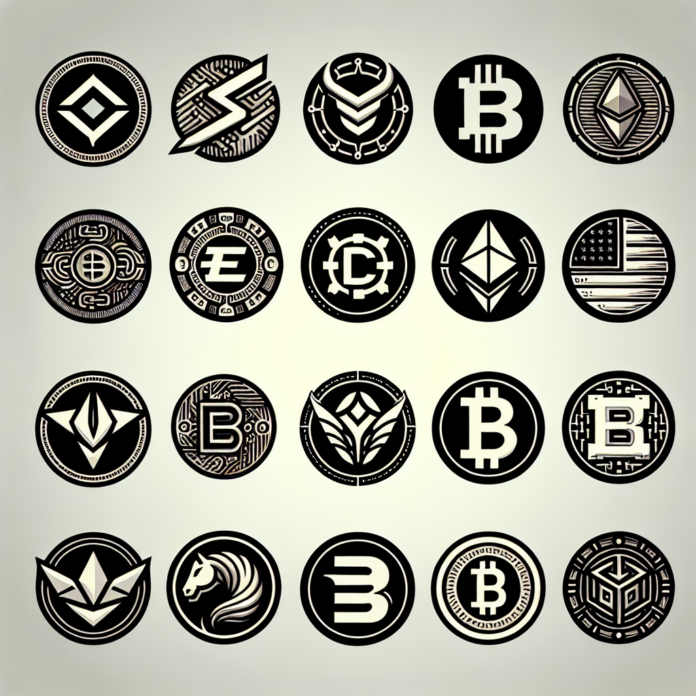Bitcoin’s pioneering presence as the first cryptocurrency has paved the way for various other digital currencies known as altcoins. These alternatives to Bitcoin have their own distinct blockchains, features, and use cases. They present an entire spectrum of possibilities that go beyond Bitcoin’s primary use as a digital gold equivalent. In this article, we delve deep into the world of altcoins, evaluating their unique propositions and impact on the cryptocurrency market.
Understanding Altcoins and Their Diversity
Altcoins, a blend of ‘alternative coins,’ are all the cryptocurrencies other than Bitcoin. Each altcoin comes with its set of functionalities. For instance, Ethereum’s ability to facilitate smart contracts and decentralized applications (dApps) has established it as a notable asset in the crypto space. For those interested in exploring the various altcoins available, CoinMarketCap provides a comprehensive list along with their market cap, price, and volume.
The Innovation Behind Altcoins
One of the most compelling aspects of altcoins is their innovative technology. Cryptocurrencies like Ethereum introduced the concept of a programmable blockchain that extends use cases to various sectors, including finance and logistics. Other platforms, like Cardano, aim to improve upon Ethereum’s foundations, offering a more scalable and environmentally sustainable blockchain.
Privacy-Centric Coins
Privacy is a growing concern in the digital age, and some altcoins respond directly to this issue. Coins like Monero have been designed to offer users increased anonymity by obscuring transaction details. This approach appeals to those who prioritize privacy in their financial transactions.
The Boom of DeFi Tokens
Decentralized finance tokens (DeFi tokens) represent a significant trend within the altcoin universe. They support a finance ecosystem that does not rely on traditional financial intermediaries. Platforms like Uniswap have their own native tokens, which are used to facilitate liquidity and governance within their decentralized marketplaces.
Altcoins as a Pathway to a Decentralized Future
Altcoins are not just digital assets; they represent varying visions of a decentralized future. They offer different approaches to how we consider currency, contracts, ownership, and community governance. Far beyond simple means of exchange, altcoins challenge the very foundation of centralization across multiple sectors.
Conclusion
The world of altcoins is rich with innovation, offering a multiplicity of options beyond what Bitcoin can provide. Whether they are utility tokens, privacy coins, or part of the DeFi movement, these altcoins are carving out their niches in the digital economy. While Bitcoin remains the flagship cryptocurrency, the ever-expanding universe of altcoins is a testament to the blockchain technology’s adaptability and the potential for a more diversified and decentralized economy. As the market for these alternative digital currencies grows, keeping abreast of their advancements is key to understanding and participating in the future of finance.




 AGF-B.CO
AGF-B.CO